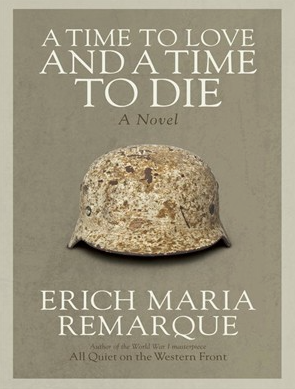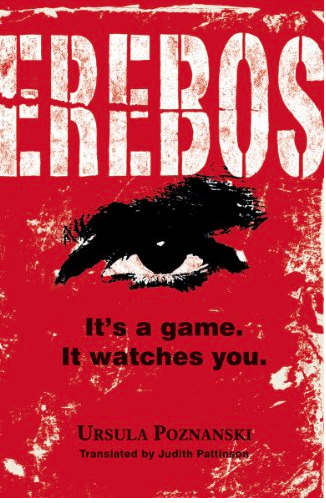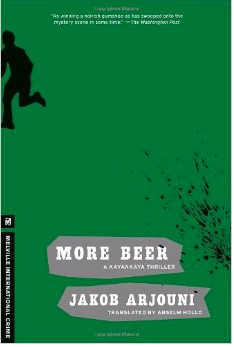It feels as if I only just posted the intro to German Literature Month 2015. It’s hard to believe the month is already over.
And what a month it was. So many great posts. We have a total of 157 contributions. I’m not really into statistics, so I can’t tell you whether that’s more or less than last year – be it as it may, it’s a lot.
Thank you so much for your enthusiasm.
I haven’t read as much as I wanted, nor have I been able to visit everyone, but I’m still doing my rounds.
As a thank you to all of you, I’m giving away two books from Pushkin Press.
Stefan Zweig’s A Chess Story
Chess world champion Mirko Czentovic is travelling on an ocean liner to Buenos Aires. Dull-witted in all but chess, he entertains himself on board by allowing others to challenge him in the game, before beating each of them and taking their money. But there is another passenger with a passion for chess: Dr B, previously driven to insanity during Nazi imprisonment by the chess games in his imagination. But in agreeing to take on Czentovic, what price will Dr B ultimately pay?
A moving portrait of one man’s madness, A Chess Story is a searing examination of the power of the mind and the evil it can do.
Ulrich Plenzdorf’s The Sorrows of Young W. A retelling of Goethe’s famous novel, set in GDR. It’s often called a GDR Catcher in the Rye.
‘I was just a regular idiot, a nutcase, a show-off and all that. Nothing to cry about. Seriously’
Edgar W., teenage dropout, unrequited lover, unrecognized genius – and dead – tells the story of his brief, spectacular life.
It is the story of how he rebels against the petty rules of communist East Germany to live in an abandoned summer house, with just a tape recorder and a battered copy of Goethe’s The Sorrows of Young Werther for company. Of his passionate love for the dark-eyed, unattainable kindergarten teacher Charlie. And of how, in a series of calamitous events (involving electricity and a spray paint machine), he meets his untimely end.
Absurd, funny and touching, this cult German bestseller, now in a new translation, is both a satire on life in the GDR and a hymn to youthful freedom.
Ulrich Plenzdorf was born in Berlin in 1934, and studied Philosophy and Film in Leipzig. In the early 1970s, he achieved fame with the much acclaimed The New Sorrows of Young W., considered a modern classic of German literature and taught in classrooms across Germany. From 2004 onwards, Plenzdorf was a guest lecturer at the German Institute of Literature in Leipzig. An award-winning and much celebrated author and dramatist, he died in 2007.
*****
All you have to do is tell me which book you’d like to win and why. The giveaways are open internationally. I’ll announce the winners on Monday 7 December 17:00 – Western European time.
This Giveaway is now closed!













